Mental Health Mondays: Social Media
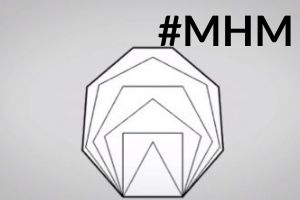
We are not mental health professionals. If you are feeling overwhelmed with emotions like anxiety or depression, or they are impacting your daily life, please reach out to professionals who can help you. If you need immediate help, use the National Suicide Hotline, 1-800-273-8255, which offers online chats as well. Jewish Community Services also offer help to people experiencing emotional crises.
We aim to provide some tips and guides to help those who are self-isolating and to connect with our JMM community. These ideas might not work for everyone, but we hope that by starting the conversation about mental health, we can inspire you to take a moment to breathe and reflect on what you need today to feel good.
We took a break from our MHM blog post last week, but we’re back with a tip inspired by our time away. As social media becomes a more important part of our lives, as it’s used to spread crucial information about current events, it’s important to recognize the effect that scrolling endlessly can have on us. Whether positive or negative, social media is incredibly influential, and as we spend more time on it than ever before due to COVID, it’s more powerful than ever before. If you’re not thoughtful about your social media consumption, it can have a huge impact on your mental health. Of course, social media is a very important tool for many people as well. Let’s talk about the benefits of social media and how to curate more positive social media feeds, as well as how to limit social media outright.
Social media has the potential to connect people across obstacles, allowing them to gain access to new information, social opportunities, and more. For example, one study looked at how when people used social media to supplement their healthcare, they were able to find more information and support networks. Patients could also advocate better for themselves, as they navigated their personal healthcare. There are also preliminary studies on how social media can support education. Students can connect with one another and maybe more encouraged to participate if their teacher uses tools they find engaging. Providing opportunities to use social media in the classroom can encourage students to think and act creatively, allowing them to develop problem-solving skills.
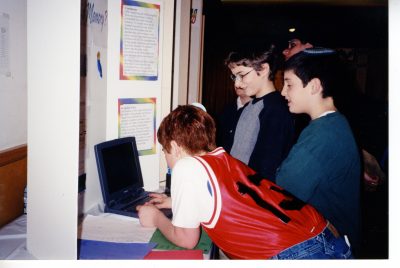
For many, social media has allowed people to connect to friends online, through shared interests or situations. It has allowed people to learn more about themselves, as they find new communities such as how LGBTQ individuals find safety and comfort online. People find spouses and partners online now, get recommendations for services, and learn about the global world. It’s important not to discount these benefits of social media because they can provide the opportunity for someone to find the safety that their real-world is lacking.
However, social media can be dangerous for our mental health as well. Firstly, if you are not careful who or what you follow on social media, it can warp your self-image, cause greater anxiety, and even lead young people to become Nazis.
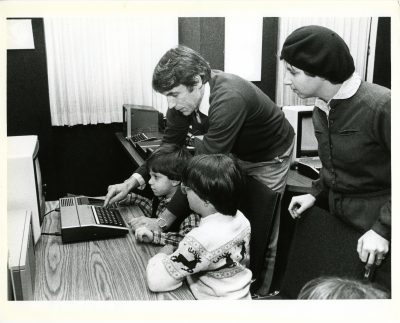
But there are ways to prevent these and the other effects that social media can have. When looking at your feeds and who you follow, think about who is influencing you. Are they all young, good-looking, skinny, white people? Do they often post images that exhibit their wealth? Are they promoting products that encourage weight-loss, risky behaviors, or other items that you don’t need? Are they engaging in social conversations or do they write off social issues because they’re not directly affected? When they talk to their followers, what is their tone? Are they condescending? Are they thoughtful? Think about the people you do admire and want to be like and compare your social media to those people. If they are not the type of people you want to learn from, unfollow them, unfriend them, unlike them.
Once those people are removed from your feed, look for other influencers to follow instead. Follow people who represent fat bodies in positive ways. Follow black and indigenous scholars. Follow LGBTQ folks, and sex workers, and people who are speaking up for the rights of others. Follow people who look like you so that you can see yourself in the world, your own identities represented positively. And follow people entirely different from you so that you can learn from them. Curating a social media feed that focuses on learning and inclusivity, instead of pushing you to be something you’re not, will help you to engage in a healthier way.
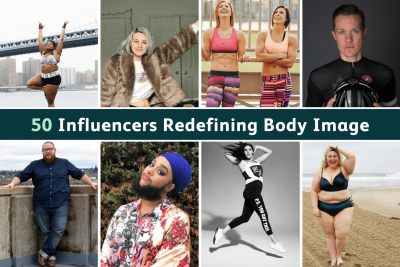
Also, if you are experiencing unfriendly people on social media sites, use their tools to ignore, mute, and block people who are giving you a hard time. And if their messages feel like more than just unfriendly, report harassment to the sites. The sites may not rule in your favor, but frequent reports of harassment and hate will get someone suspended or even banned.
Of course, sometimes you need to just turn social media off. This is a totally legitimate option, but one to consider in the context of privilege. If you are a white person, you do have the privilege to turn social media off and not have to deal with police brutality. If you are a straight person, you can ignore the stories of homophobia by switching your phone off. If you are not Jewish, anti-Semitism can be muted easily. If and when you switch off social media, take time to recognize that privilege, and think of ways you can support those who are not able to turn off their identities.
If you need help staying off social media, start with turning off notifications. You don’t need to check the little exclamation point, every time it pops up on your phone or computer. Set aside a specific time to check notifications, in case they’re important, and then leave them turned off.
Delete the apps off of your phone. Remove them entirely to keep yourself from being tempted to check them in auto-pilot mode. Or install an app blocker in your phone and set it to block social media apps. Many app blockers come with features that allow you to set parameters, such as time frames, time spent on the app, even what WiFi networks you’re on so that you cannot access the app when you shouldn’t be.
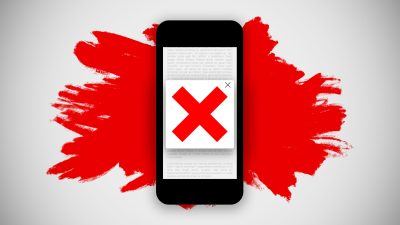
If you’re in a place where being on social media is dangerous for you, you can delete your accounts entirely. If you don’t want to lose that data, entrust a friend to change your password, so you can’t access your profiles. And if you need a distraction while you’re staying off social media, we suggest finding a craft to keep your hands busy.
